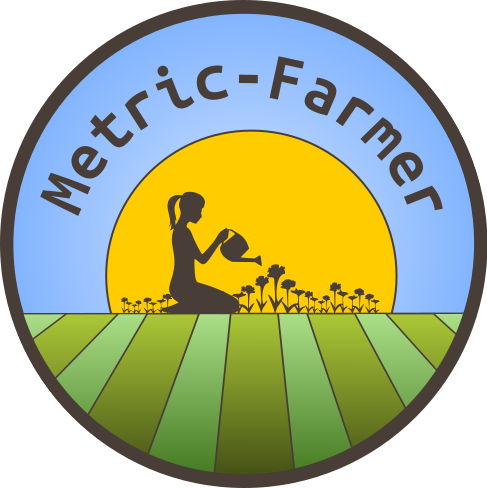Cli¶
This pages describes the command line interface (cli) of Metric-Farmer and its options and arguments.
For a quick help, you can execute:
metricfarmer --help
As output you will get:
Usage: metricfarmer [OPTIONS] [TARGETS]...
Measure metrics and execute TARGETS
Options:
-f, --farmer TEXT Only uses the given farm folder
-m, --metrics TEXT Filter metrics for specific name
-t, --tags TEXT Filter metrics for tags
--list Show configuration information only
--help Show this message and exit.
Targets argument¶
Set one or multiple TARGETS to get the wished result handling after measurement.
Example:
metricfarmer print file_json
You also can set no TARGETS argument, if you only want the measurement to be executed:
metricfarmer
Options¶
farmer¶
Use -f or --farmer to define a single folder, which contains your farm files.
All other locations will not be loaded.
So predefined farm-files from Metric-Farmer, from user/home directory and from the current working directory will be ignored.
Example:
metricfarmer --farmer /temp/farmer_folder/ print
metrics¶
Use -f or --metrics to define a comma separated list of metric names, which shall get measured.
All other metrics will be ignored, if not also part of a tag-filter.
Example:
metricfarmer --metrics my_metric,another_metric print
tags¶
Use -t or --tags to define a comma separated list of tags, which metrics must have to get measured.
A metric needs only to match one tag of the complete list to be taken into account for measurement.
Can be combined with a metric name filter.
Example:
metricfarmer --tags mf_examples,my_tag print

